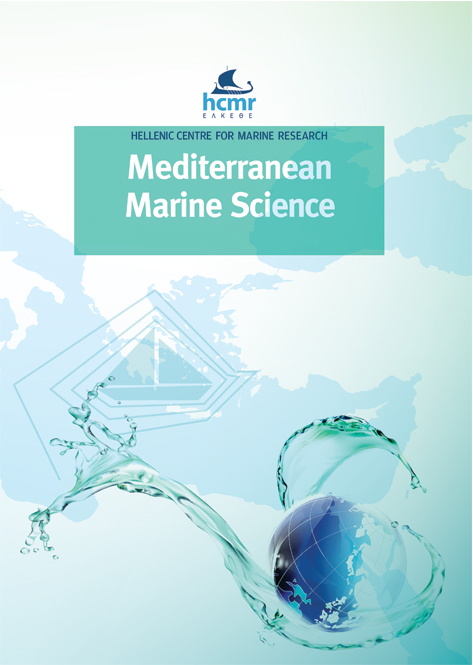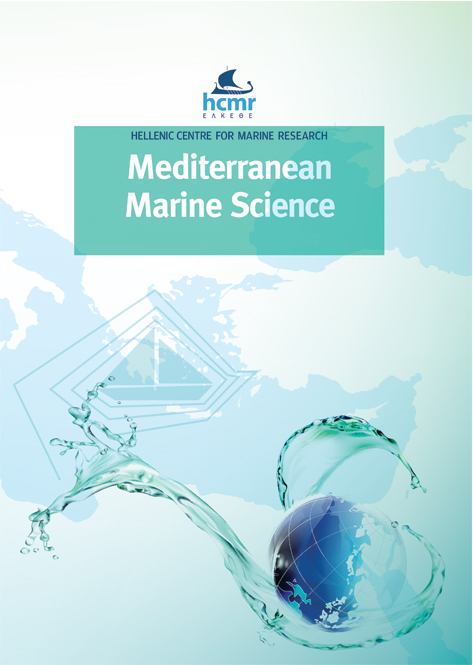Dusky grouper massive die-off in a Mediterranean marine reserve
Resumen
The dusky grouper Epinephelus marginatus (Lowe, 1834) is a key predator in shallow Mediterranean rocky habitats. Due to fishing pressure and slow population dynamics, dusky grouper populations are declining across their distribution range. Here we document a massive die-off of E. marginatus in the Columbretes Islands Marine Reserve (NW Mediterranean Sea) during the summer and early autumn of 2023. The mortality event was triggered by a Betanodavirus infection. Genetic characterization of isolates from the affected fish confirmed that they belong to the RGNNV genotype. Our findings indicate that such disease outbreaks can be particularly severe in areas with dense dusky grouper populations, potentially undermining the historical conservation effectiveness of marine protected areas. Although our results do not determine whether the infection originated from wild or farmed fish, it is essential to implement monitoring and early detection systems for Betanodavirus infections in both wild and farmed fish to prevent cross-infections.
Article Details
- Cómo citar
-
KERSTING, D. K., GARCÍA-QUINTANILLA, C., QUINTANO, N., ESTENSORO, I., & ORTEGA-VILLAIZAN, M. D. M. (2024). Dusky grouper massive die-off in a Mediterranean marine reserve. Mediterranean Marine Science, 25(3), 578–585. https://doi.org/10.12681/mms.38147
- Sección
- Short Communication
Authors who publish with this journal agree to the following terms:
- Authors retain copyright and grant the journal right of first publication with the work simultaneously licensed under a Creative Commons Attribution Non-Commercial License that allows others to share the work with an acknowledgement of the work's authorship and initial publication in this journal.
- Authors are able to enter into separate, additional contractual arrangements for the non-exclusive distribution of the journal's published version of the work (e.g. post it to an institutional repository or publish it in a book), with an acknowledgement of its initial publication in this journal.
- Authors are permitted and encouraged to post their work online (preferably in institutional repositories or on their website) prior to and during the submission process, as it can lead to productive exchanges, as well as earlier and greater citation of published work (See The Effect of Open Access).







